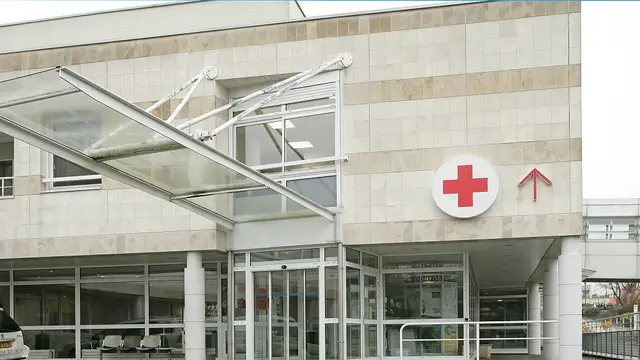02:45

CGTN's Tian Wei spoke with the editor-in-chief of The New England Journal of Medicine, Eric Rubin, who shared his views on the latest coronavirus emanating from the Chinese city of Wuhan. Rubin expressed his confidence in Chinese health authorities for raising awareness and taking measures to contain the spread of the virus.
"The Chinese authorities have done an excellent job of trying to figure out what is going on very quickly. And not only have they been figuring it out but they have been spreading the information, allowing everyone across the world to see it. They figured out what the virus was, they sequenced its genome, and they publicized that almost immediately," said Prof. Rubin.
"Now at this point most of the research is on the diagnoses of disease so that we can rapidly tell if someone has it. It will take a while longer to figure out both whether or not it will spread and how to treat people who become ill with the virus," Prof. Rubin added.
He also broke down how medical staff have been fighting the outbreak at the molecular level and the vast epidemiological level.
"There is no reason for panicking over this, it is a serious illness and has to be taken seriously much like the SARS outbreak. What is very encouraging this time around is that people are acting much more quickly than they did with SARS. And hopefully we can contain any problems," said Prof. Rubin
There is an evolution of how we understand things. It starts with following the cases and understanding what happens. How many new cases are there? How are the cases connected to one another? Did they all eat the same food? Did they all go to the same place?
"So that basic epidemiology is the first thing we can learn, and it has to be done well because there is only one chance at it. Next comes the molecular biology, thenfiguring out what the virus is, and figuring out what it looks like. That's important to develop all the diagnostics," Prof. Rubinexplained.
Prof. Rubin thinks that we are at that stage right now with the outbreak in Wuhan.
"After that comes the basic science of understanding the virology; how does it grow? What are its hosts? How does it spread? And that can take a very long time. In the case of SARS we now understand quite a bit of that. But we have never gotten to the point that you discussed of treatment. We don't really have an effective treatment for SARS other than carefully taking care of patients. And that maybe the case for the Wuhan virus, we will see," Prof. Rubin added.
(If you want to contribute and have specific expertise, contact us at [email protected].)
 简体中文
简体中文

